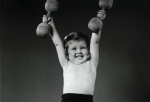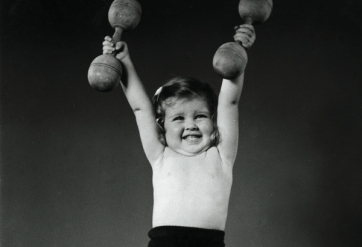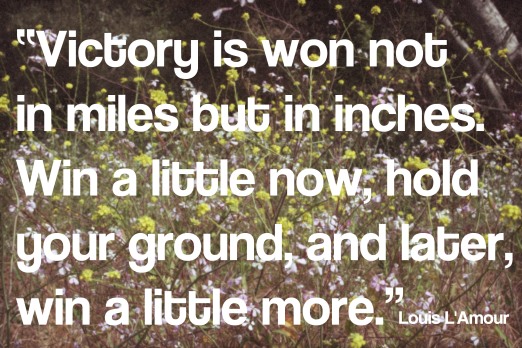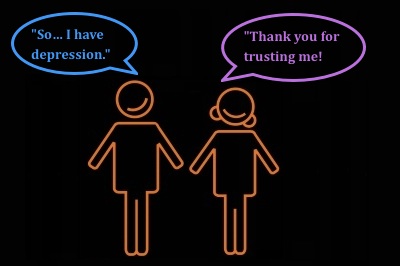

Relief usually feels like a settling, a breathing out after worry and stress. I hadn’t thought of it having such energy, and for me, by extension such ludicrous happiness. Sometimes I wage war against a relentless craving of such strength it renders me incapable of rational thought. I have, in the past had to relinquish car keys and purse lest I find we suddenly need milk or the boys deserve ice cream. I am usually a snotty mess, anxiety clenching my gut, brain rejecting in turn every other means of relaxation. All the tools I have at my disposal count for nought. There is only one possible solution to the problem – whatever the problem is. CBT for recovery talks about ‘riding the wave’. I feel like I am being dumped over and over and over again.
I know people who have just stopped drinking. Changed their mindsets. Decided it wasn’t doing anything for them and just wasn’t worth it. I applaud them and celebrate for them. I also feel a furious envy that I can’t be like them. I envy them getting in there before the claws were well and truly sunk. Or perhaps they would never have become so, perhaps they are take it or leave it people. I am not. The claws are deep, extraction excruciatingly hard.
But I can recognise it. I am accepting of the work that must be done. I have realised that this alone represents change, progression of a kind.
And so I will rejoice in the exhilaration that I feel the morning after I win a small battle. A friend who is almost one year sober reminds me this is how we change our neural pathways, repeating the positive pattern until it comes to outweigh the bad.
I told Andrew the other morning that if I could bottle the feeling I was experiencing I could sell it as a true life changing drug. Such was the energy, the joy and actual excitement of the relief it was written on my face, in my whole energy.
In his book Recovery, Russell Brand describes people who take on their demons as lucky, gifting themselves the opportunity of true happiness. And the hashtag #wearetheluckiest is oftentimes associated with sobriety thanks to Holly Whitaker’s Hip Sobriety (these schools are the bedrock of my toolkit). It’ll take a while until I feel lucky, but in the meantime I plan to revel in every win, every sunrise I watch, every morning I race my kids along the beach or say yes to playing a game with them. One day there will be no relief because I will not have had to fight demons. I long for that day but god, I hope I never forget the deep and emphatic joy of triumphing over that which I myself created.








